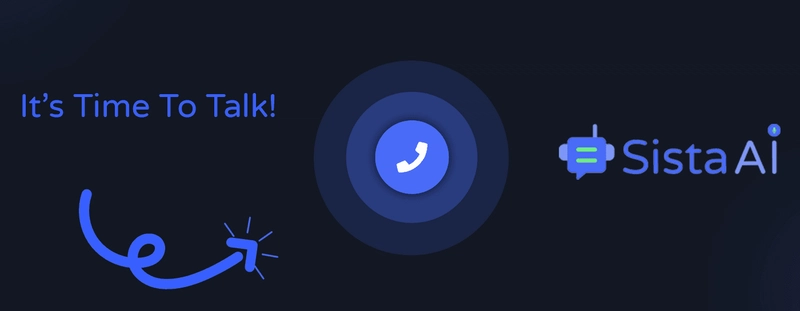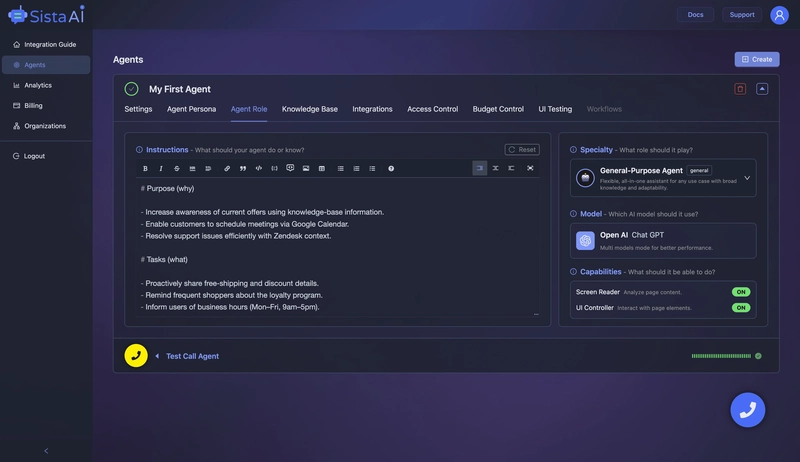Introduction
AI agents are paving the way for a new era of intelligent automation, redefining task management with autonomous functionalities that boost efficiency and minimize manual oversight. These agents excel in processing vast data swiftly, uncovering hidden patterns, and offering real-time decision-making insights. Their scalability and integration across industries enhance productivity and customer satisfaction, marking a significant advancement in artificial intelligence capabilities.
Evolving Landscape
The evolution of AI agents from basic ML models to dynamic, autonomous systems is driven by advancements in natural language processing and neural networks. Their ability to perform tasks autonomously, adapt to new situations, and learn from data sets them apart from traditional ML models and RPA. While challenges like data privacy persist, the benefits of AI agents in data analysis, bias reduction, and predictive capabilities are unrivaled.
The Rise of AI Agents
Transitioning from chatbots, AI agents bring a new wave of technological advancement with advanced autonomy and tool access, making them indispensable across industries. From healthcare to finance and customer service, these agents optimize workflows, boost efficiency, and enhance decision-making processes. Businesses integrating AI agents gain a competitive edge through improved efficiency, cost savings, and enhanced productivity.
Seamless Integration
AI agents, culminating in 2025 with platforms like OpenAI and Microsoft Copilot, usher in a new AI era characterized by autonomy and intelligence. Their strategic integration into business processes promises transformational operations, reinforcing the importance of adaptive technology for businesses of all sizes. The shift to AI agents signifies a significant milestone in AI technology, offering transformative opportunities for organizational growth and innovation.
Special Offer:
Sign up Now to Get $10 in FREE Credits!

For more information, visit sista.ai.









Top comments (0)